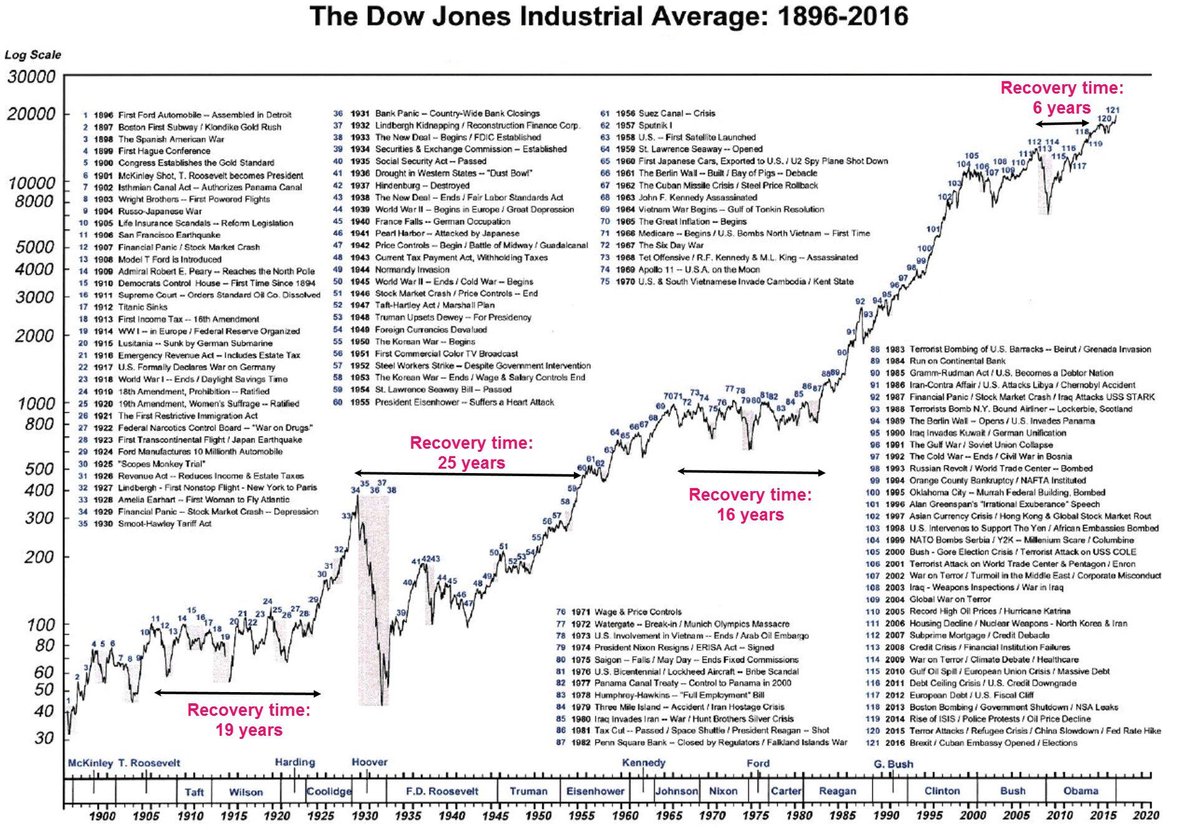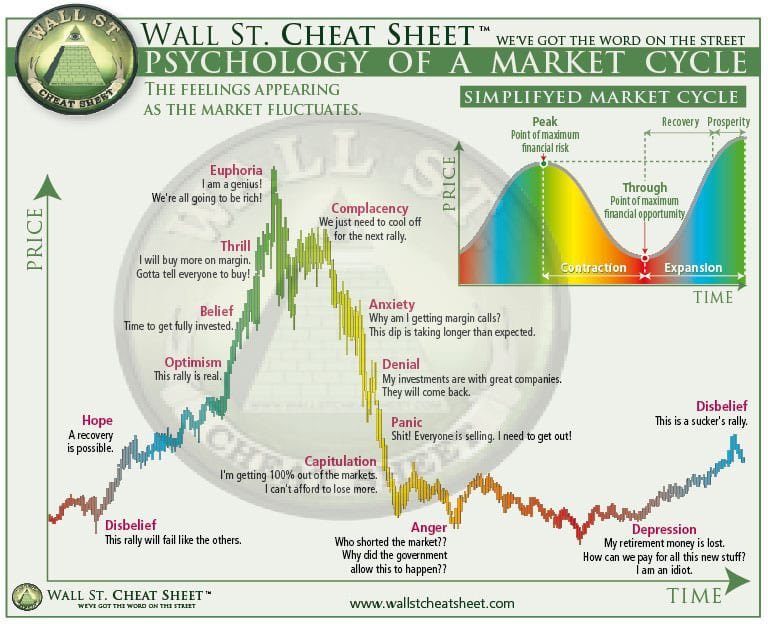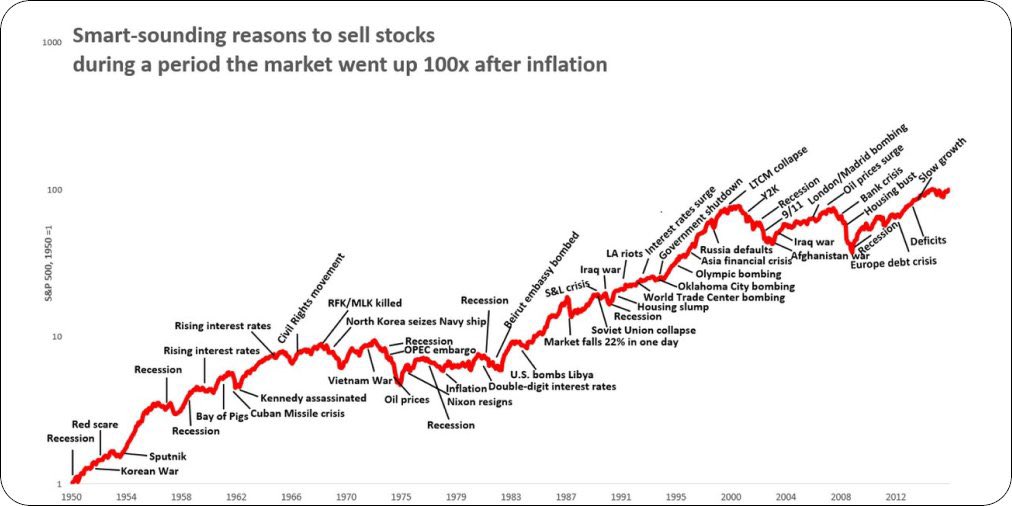A potential problem is looming, and the media are pursuing a new story that builds on the following chain of reasoning: 1) higher inflation is coming;2) if CBs increase interest rates debts will explode and recession may ensue; 3) CBs are caught in an impossible dilemma 1/12



More from Finance
Two year back thread on MFI, someone liked this so came up in notifications . Rather than running around 100s of indicators, I have made this my go to indicator under any circumstances and have been using this for years
This thread actually had some great answers , one can learn a lot about the thought processes of different traders from the answers. Please go thru them
What do you think/use as the most robust leading indicator if following technical analysis ? Please answer with reason , I will provide my answer after 2 hours
— Subhadip Nandy (@SubhadipNandy16) August 12, 2019
( At Delhi airport , bored as hell )
This thread actually had some great answers , one can learn a lot about the thought processes of different traders from the answers. Please go thru them





















